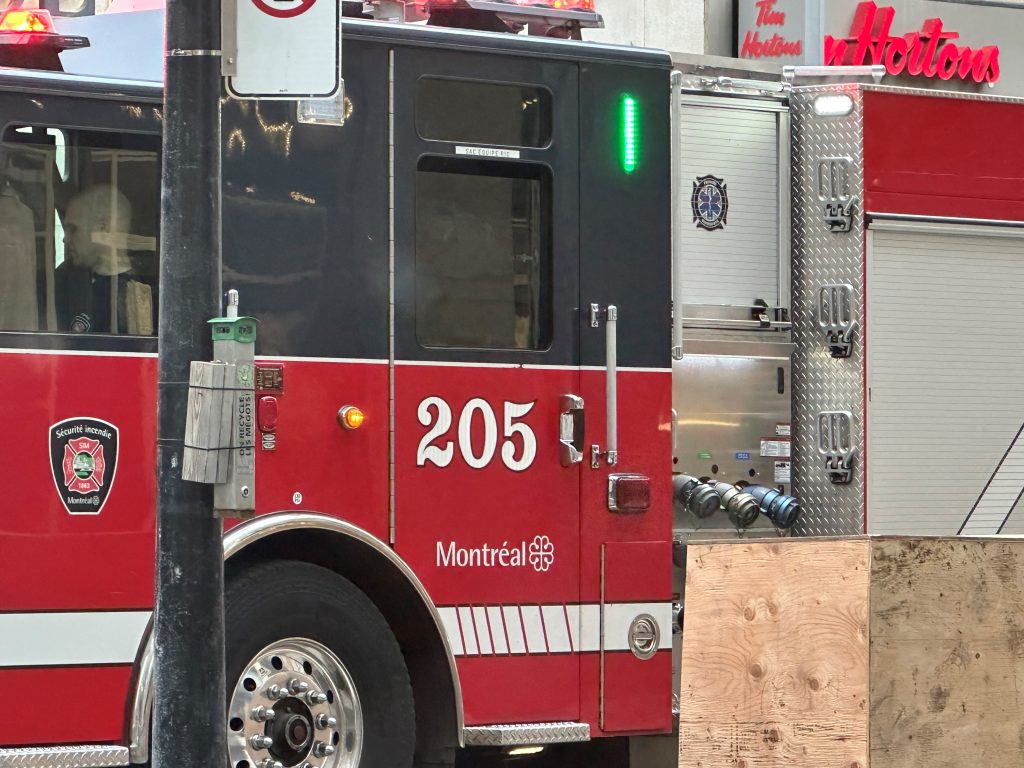‘You don’t have to show a certificate’: Quebec French language minister clarifies controversial directive

Posted August 9, 2024 4:58 pm.
Last Updated August 9, 2024 6:22 pm.
Three Quebec ministers wrote an open letter published in the Montreal Gazette Friday saying that a new government directive in the health sector does not restrict access for anglophones — French language minister Jean-François Roberge was one of them.
He sat down with CityNews for an interview.
Q: The change came into effect on July 18. For the Anglophone community, they want to know, will their access to English healthcare be restricted?
Roberge: Not at all. This directive concerns administration of the hospital, of the health care system. So accessing healthcare for people or social services is not affected by the directive. So you don’t have to show a document you don’t have to answer any question. If you go to an hospital and you need some help, you don’t feel well, you’ll be served English.
Q: So, there is no need for historic Anglophones to dig up their eligibility certificates to get healthcare services in English?
Roberge: Not at all. They don’t have to show a certificate or to show anything. They won’t have to answer any questions like ‘Are you a member of the historic Anglophone community?’ This is not a question they will hear if they’re they’re going to an hospital and asking for help because they need some some health care. It’s just the same as the past year. Nothing’s changed about that.
Q: So what exactly does the directive do and why was it put in place? And will you clarify it now that there’s been this sort of controversy?
Roberge: I think I am clarifying right now, doing interviews and with this open letter with my colleagues this morning. But if we have to precise to give clarification, we will do it. We are really open minded. And the important for us is to be understood understood by the English speaking community. And this directive give rights to the anglophone community. So they can speak in English while they are asking some administration questions because for the health care, nothing changes.
Q: It’s rare that three Quebec ministers will come out and specifically address the English community. Why was this important to you?
Roberge: Because since one week, we’ve read a lot of articles and what we what we read was incorrect. So we see that people are afraid, they are aware, they think that their rights are attacked. And it’s not true. So it’s really important to re-establish the fact and to be clear.
Q: In the letter, you say that you’ll be meeting with representatives of the English community. When and how will that take place? Will it be public?
Roberge: It’s next week. I don’t know how it will be exactly because I’m now in a mission in Nova Scotia meeting with all the ministers of the Francophone community all across Canada. So my team is setting up this meeting. But the important is that we will meet with the spokespersons of the English-speaking community. And we will listen to their questions, answer them the best we can, reassure them that they don’t lose anything. And if we have to precise our directive, as I said, we’ll do it. But I’m not sure we will have to. I think when we read it right, it’s pretty clear.
Q: So where does the confusion come from?
Roberge: I think it was misunderstanding, but I don’t want to blame anybody. I don’t want to attack anybody. I just want to be loud and clear and honest and to reassure that all anglophones in Quebec won’t have to show any document to be sure that they will get health care in English.








